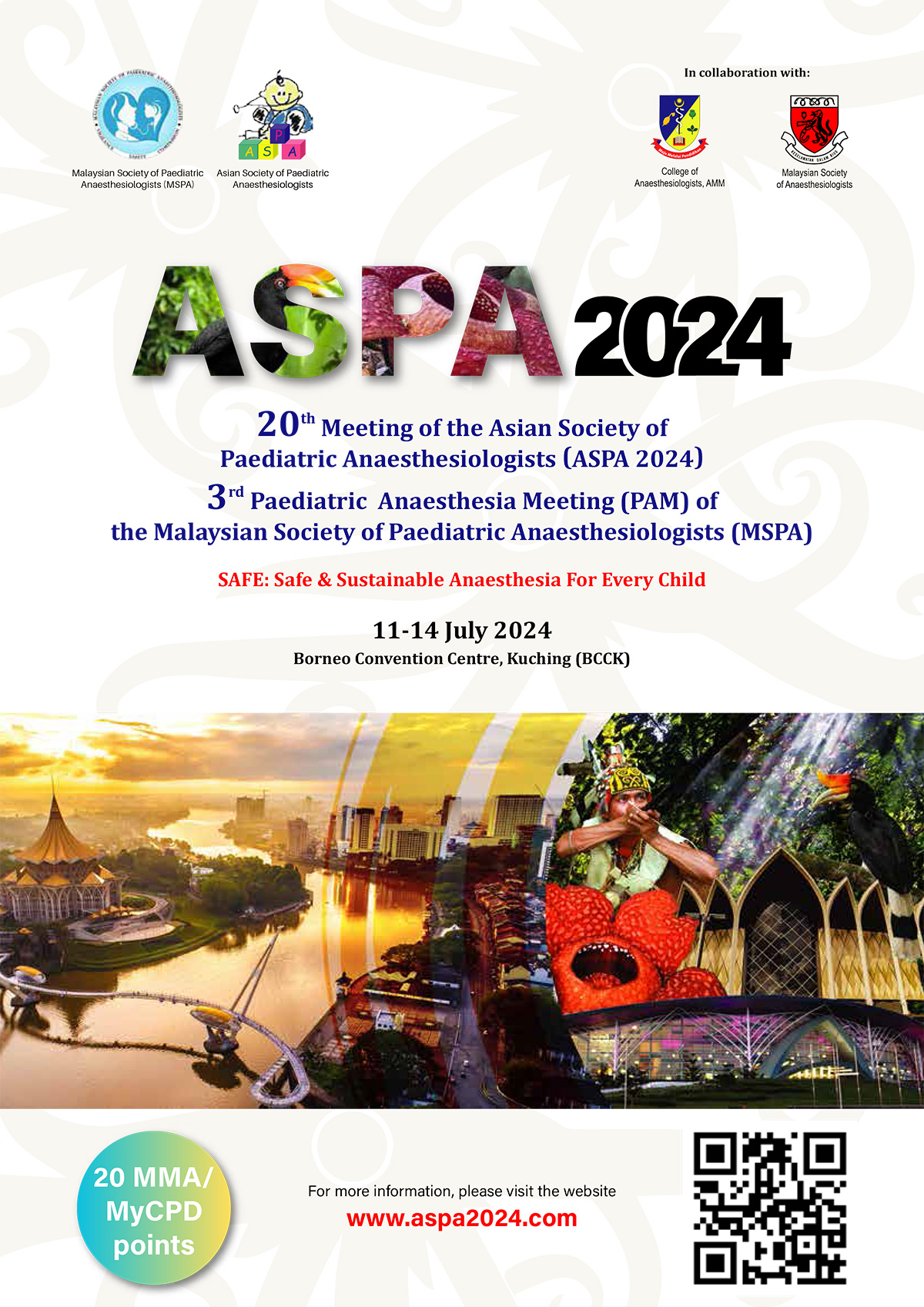Extraordinary days, unusual circumstances: psychosocial effects of working with COVID-19 patients on healthcare professionals
Abstract
Objectives: We asked healthcare professionals (HCPs) to describe the psychosocial effects the COVID-19 pandemic has had on them. We also aimed to raise awareness about the possible problems may have been encountered by the HCPs during the pandemic.
Methodology: This qualitative study was conducted through semi-structured interviews with open-ended questions. A phenomenological approach used to collect data. Purposive and snowball sampling methods were used to recruit participants. We interviewed twelve HCP s. Topics included their first experience with a COVID-19 case, changes in the work environment, working with personal protective equipment (PPE), changes in private life, and the challenges encountered. Data gathering and data analysis were carried out concurrently. We used the classical content analysis method for data analysis.
Results: Four main categories emerged from the content analysis. The first was “Responsibility”. Healthcare professionals felt responsible towards both the patients and healthy people and some experiences made them feel helpless. They expressed a wide range of feelings about their professions. The second category was “Fatigue”. Participants explained that they experienced intense fear initially and were very overwhelmed. All participants thought that people were insensitive to follow measurements. The third category was “Relief”. Before the outbreak reached Turkey, medical staff could not predict what was coming. Over time they got used to this new situation, and normalize their lives. The fourth category was “Experience”. Participants told about what they learned during the pandemic and made some suggestions.
Conclusion: Throughout the COVID-19 pandemic, some experiences can be demotivating and disappointing for healthcare professionals. Managers and supervisors should listen to their requests, and hearing positive feedback from authorities may increase their motivation. All kinds of psychosocial support should be provided for healthcare workers, and their mental well-being should be cared as well as their physical health.
Key words: COVID-19; Healthcare professionals; Psychosocial effects; Qualitative study
Citation: Fadiloglu K, Gurbuz E, Yildiz N, Aydin O, Aydin ET. Extraordinary days, unusual circumstances: psychosocial effects of working with COVID-19 patients on healthcare professionals. Anaesth. pain intensive care 2021;25(3):349–358. DOI: doi.org/10.35975/apic.v25i3.1515
Received: March 5, 2021; Reviewed: March 28, 2021; Accepted: March 29, 2021












